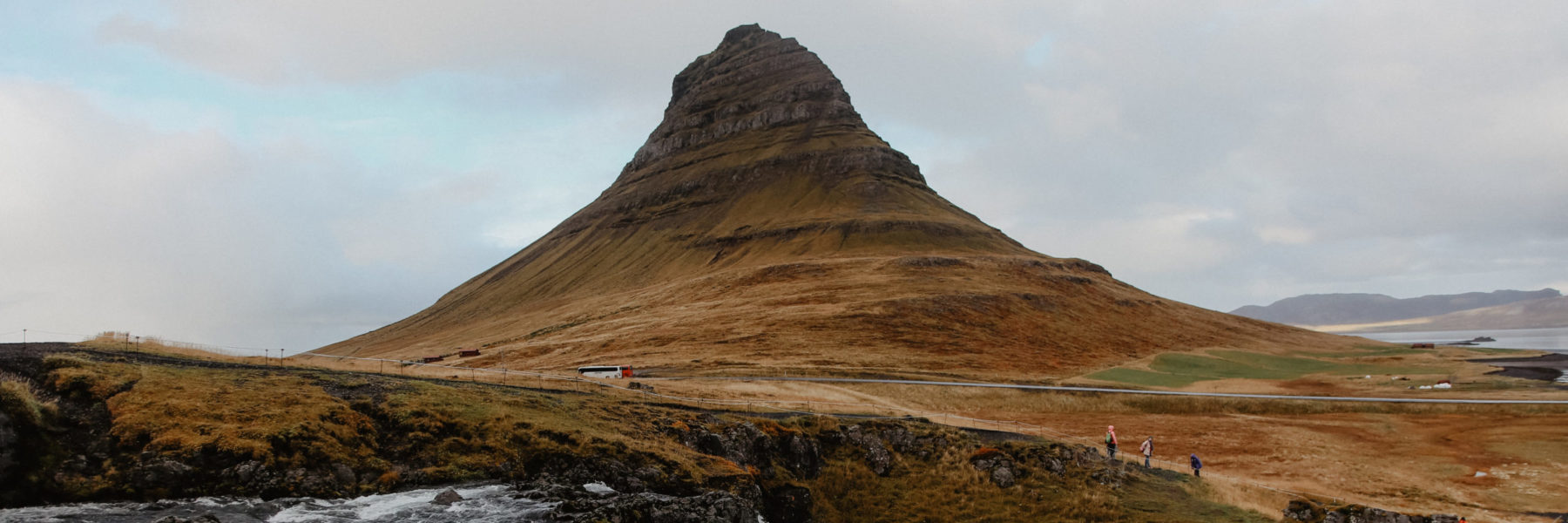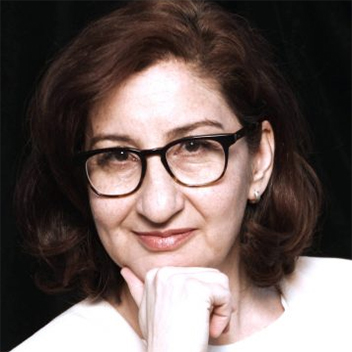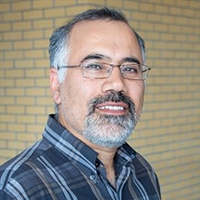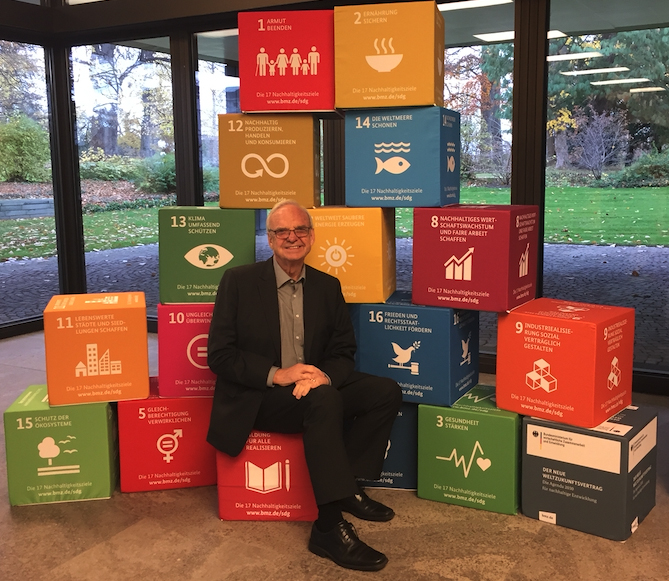The actions of Sovann Muon and the Grounds Maintenance team at the Glendon Campus show that with passion, innovation and just a seed of an idea, anything can grow.
Muon is a certified arborist, horticulturist, master gardener of Ontario and the team leader of Grounds Maintenance at the Glendon Campus. In 2018, he had an idea that would help incorporate more sustainable practices at Glendon’s community gardens. Instead of letting annual flowers wither away, together with his team he decided to recycle, propagate and nurture seedlings to be replanted the following year. Not only would this help reduce costs, but it would also lay the groundwork for an initiative that promotes environmental stewardship.
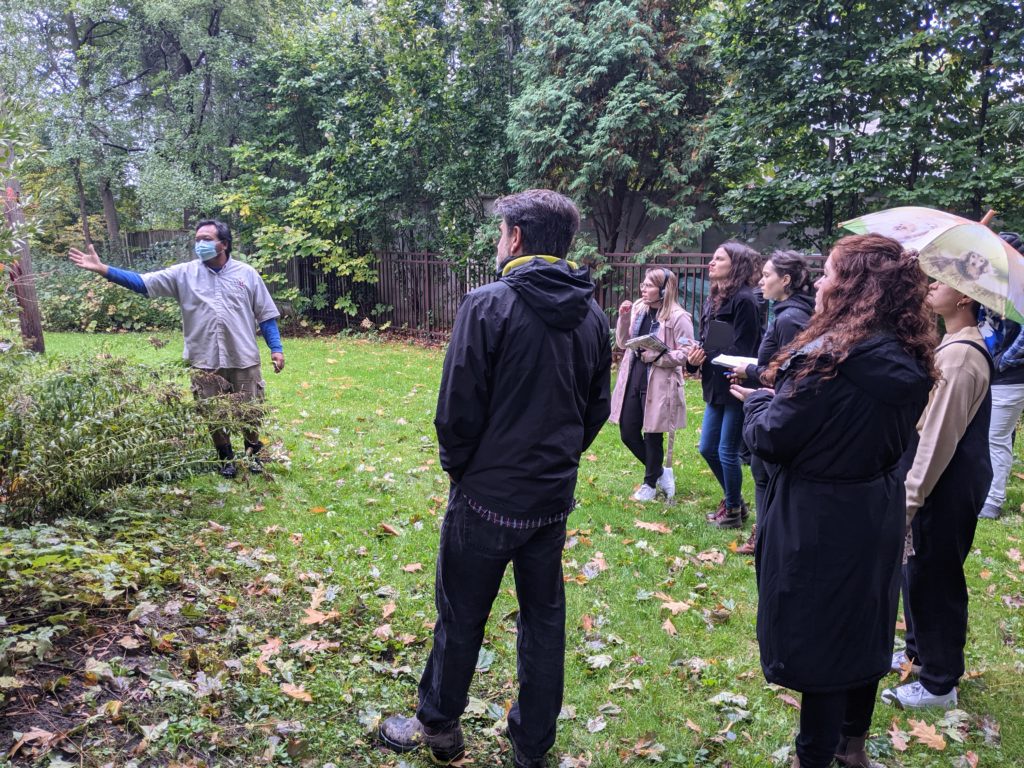
After successfully piloting the project in 2019, more than 1,000 plants were nurtured and ready to be planted at Glendon Campus by February 2021. By making a simple yet transformative change, the team’s vision of blooming gardens with flourishing flowers and edible plants came to life. Today, the gardens at Glendon are more than just thriving plants; they are an opportunity for students, faculty, and staff to connect with the community and environment.
The grounds team is dedicated to expanding their impact, with an emphasis on increasing educational and learning opportunities. Muon says that gardening is beneficial not only for the environment but also for the community, as it promotes nutrition, physical activity and team building.
On Thursday, Oct. 21, Muon led a tour of the Glendon Campus to introduce attendees to the various plants growing on the grounds. The event nurtured a sense of community for participants and marked the first official tour of its kind for Glendon. During the tour, Muon shared his expansive knowledge of plant life on campus – specifically, edible plants like spruce, serviceberry and dandelion. The tour was initially designed for each of the four seasons, but there are plans to conduct more tours if community demand increases.
A collaborative effort between the Grounds Maintenance team, students and Glendon leadership helped to make the tour a success. Duncan Appleton, technical co-ordinator and course director of the Drama and Creative Arts program, worked with students from his course to help with the construction of planters at the garden. Maureen Plantec, Kariane Saint-Gelais and Amanda Murray – all students in the Master of Conference Interpreting program – performed research and interpreted the tour, with technical support from Aurélien Muller. Geneviève Quintin, associate director of the Glendon Centre for Cognitive Health, organized publicity for the tour to increase awareness of the opportunity. Muon’s colleague Sean James acted as a support system for the garden and tour. All of the efforts were supported and encouraged by Glendon Superintendent John Ljubicic.
This innovative team intends to move forward with their vision; to employ best practices for the next season. Muon said that the long-term goal is to enhance engagement with students, staff, and faculty members to encourage “mutual respect between humans and nature.”
The University community and Grounds Maintenance team at Glendon demonstrate how one small act can make a significant impact towards building positive change for a better, more sustainable tomorrow.







